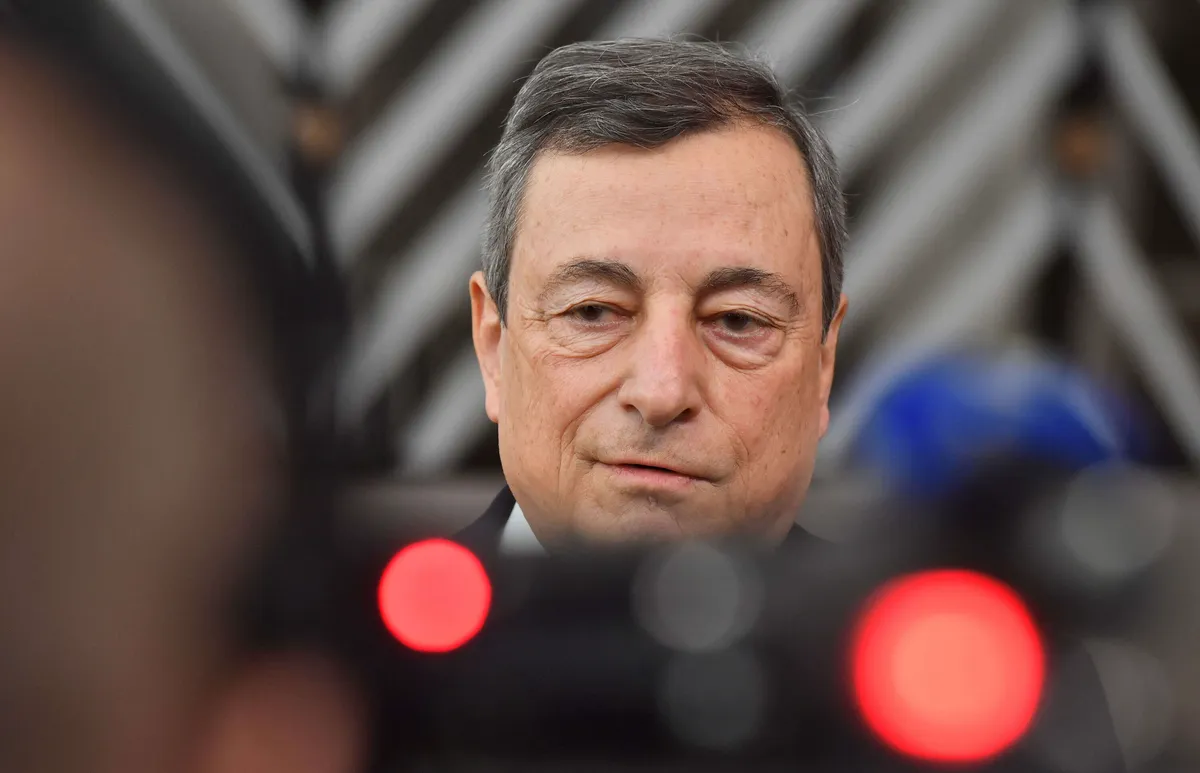US president Donald Trump Started his season by threatening his trading partners with imported duties. In the Trump model, the United States would set the tariffs similar to the target country itself for American products.
In fact, such duties would not be nearly as difficult for the EU as many others. For example, India, known for its tall tariffs, would be in trouble in front of reciprocal customs.
In the case of Europe, Trump’s duties are not the biggest problem, writes the former European Central Bank President and Italian Prime Minister Mario Draghi In Financial Times (PhD 14.2.). Forget the United States, he urges.
According to Dragh, Europe has successfully created trade barriers for itself. High internal trade barriers and ever -increasing regulation are much more harmful to growth than anything the United States can set.
The International Monetary Fund IMF estimates that internal European trade barriers are equivalent to 45 % tariffs in manufacturing and 110 % tariffs in services. Trade barriers effectively reduce the markets in which European companies operate. Trading between EU countries is less than half as much trade between US states.
The EU has adopted regulation of the most innovative part of services, ie digital services, which limits the growth and productivity benefits of European technology companies.
While Europe has kept its internal trade barrier high, it has opened its trading outwardly extensively.
The internal walls have remained upright, but the external walls have fallen. EU companies have looked at the rest of the world to compensate for the weakness of domestic market growth.
Before the financial crisis, the domestic market demand for the euro area’s GDP was close to the average of developed economies, but since then it fell to the bottom and has stayed there. Poor demand at home and exceptional openness outwards are reflected in high trade surplus.
According to Dragh, openness has been an advantage in a globalizing world, but now it has become vulnerability. Protectionism and nationalism are raising their heads and the European economy is very dependent on external demand.
What should Dragh says, then? Because the problems are largely created, they are largely in their own hands. A decisive action is needed to eliminate the obstacles to internal trade and growth and to direct demand back to the domestic market.
According to Dragh, public money should be spent on more productive investments. Times would require a thorough change in their attitude towards regulation and in the thinking that nation states are the framework of the activity.
Trump uses the threat of customs as a negotiating tool to enter into better agreements, but they also seem to lead to honest self -examination among trading partners.
